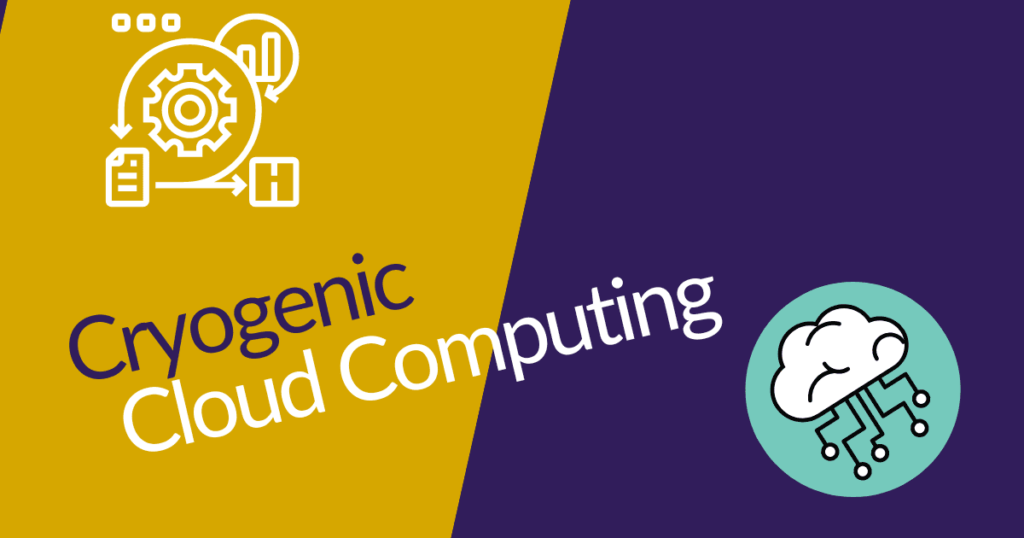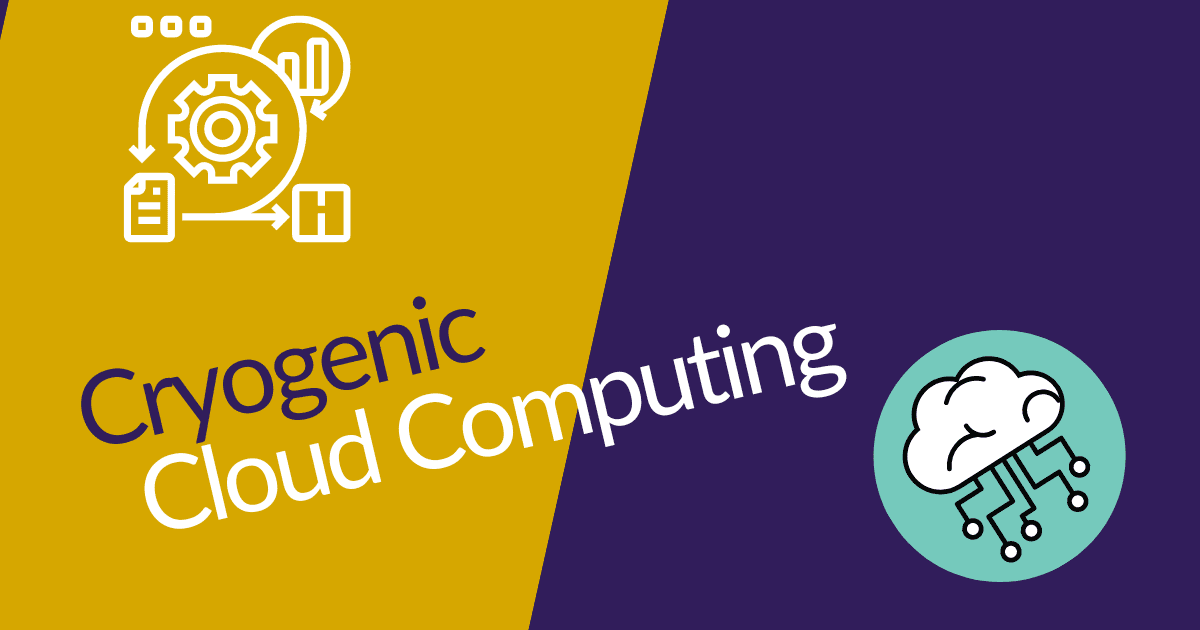Introduction:
Cryogenic quantum computing is a cutting-edge technology that relies on superconductivity to create and manipulate quantum bits, or qubits, which are the building blocks of quantum computers.
By operating at extremely low temperatures, these systems can harness the unique properties of quantum mechanics to perform complex computations exponentially faster than classical computers.
In this article, we will explore the fundamentals of cryogenic quantum computing, its advantages and challenges, potential applications, and the exciting future prospects it holds.

1. Introduction to Cryogenic Quantum Computing
Cryogenic quantum computing refers to the use of superconducting materials, which exhibit zero electrical resistance at low temperatures, to create and manipulate qubits.
The extreme cold, typically achieved by cooling the system to near absolute zero, helps preserve the delicate quantum states of the qubits, enabling them to perform computations with minimal errors.
Superconductivity plays a crucial role in maintaining coherence and stability, allowing for the creation of quantum circuits capable of carrying out complex calculations.
2. Basics of Quantum Computing
Understanding Quantum Bits (Qubits)
Qubits are the fundamental units of information in quantum computing.
Unlike classical bits, which can be either 0 or 1, qubits can exist in a superposition of both states simultaneously.
This unique property allows quantum computers to perform parallel computations, significantly increasing their processing power.
Qubits can be implemented using various physical systems, including superconducting circuits, trapped ions, and topological states.
Quantum Entanglement and Its Role in Computations
Quantum entanglement is a phenomenon where two or more qubits become correlated in such a way that the state of one qubit cannot be described independently of the others.
This non-local correlation enables quantum computers to perform operations on entangled qubits and access a larger state space than classical computers.
Entanglement forms the basis for powerful quantum algorithms, such as Shor’s algorithm for factoring large numbers and Grover’s algorithm for searching unsorted databases.
Overview of Quantum Algorithms
Quantum algorithms are designed to exploit the unique properties of quantum systems and provide significant computational advantages over classical algorithms.
Examples include the aforementioned Shor’s algorithm, which has implications for breaking cryptographic codes, and Grover’s algorithm, which offers exponential speedup for searching large databases.
Quantum algorithms are an active area of research, and their development is essential for realizing the full potential of quantum computers.
3. Cryogenic Quantum Computers: Advantages and Challenges
Advantages of Cryogenic Quantum Computers
Cryogenic quantum computers offer several advantages over classical computers.
The most significant advantage is their potential to solve complex problems exponentially faster, revolutionizing fields such as cryptography, optimization, and simulation.
Additionally, the scalability of superconducting qubits makes it possible to build larger and more powerful quantum systems.
Cryogenic quantum computers also have the advantage of being highly configurable, enabling the implementation of various quantum algorithms and facilitating experimentation in quantum research.
Challenges in Implementing Cryogenic Quantum Computing
Implementing cryogenic quantum computing poses several challenges.
One of the primary challenges is achieving and maintaining the extremely low temperatures required for superconductivity.
Cooling systems must be highly efficient, and any heat leaks can disrupt the delicate quantum states of the qubits.
Another challenge is minimizing errors caused by factors such as noise, decoherence, and unwanted interactions with the environment.
Error correction techniques, fault-tolerant designs, and improved control methods are actively pursued to mitigate these challenges.
4. Applications of Cryogenic Quantum Computing
Potential Applications in Cryptography and Data Security
Cryogenic quantum computers have the potential to break currently used cryptographic codes that rely on the difficulty of factoring large numbers.
This capability poses a significant challenge to data security and encryption.
However, quantum computing also offers the promise of developing new cryptographic techniques that are resistant to quantum attacks, ensuring secure communication in the future.
Simulating Quantum Systems and Materials
Quantum systems are notoriously difficult to simulate using classical computers due to their exponential complexity.
Cryogenic quantum computers can simulate quantum systems more efficiently, enabling scientists to gain insights into complex physical phenomena and accelerate the discovery of new materials with specific properties.
This has implications for fields such as chemistry, materials science, and drug discovery.
Optimization and Machine Learning
Cryogenic quantum computers have the potential to revolutionize optimization problems by providing exponential speedup compared to classical algorithms.
They can tackle complex optimization challenges, including portfolio optimization, supply chain management, and scheduling.
Quantum machine learning is another emerging field that explores the use of quantum algorithms and quantum-enhanced techniques to improve machine learning tasks like pattern recognition and optimization of neural networks.
5. Future Prospects of Cryogenic Quantum Computing
Emerging Trends and Research Directions
The field of cryogenic quantum computing is rapidly evolving, with ongoing research focusing on improving qubit coherence, developing fault-tolerant designs, and reducing errors.
Major advancements are expected in qubit quality, circuit complexity, and the ability to control large-scale quantum systems.
Additionally, interdisciplinary collaborations between quantum physicists, material scientists, and computer scientists are paving the way for exciting breakthroughs.
Quantum Supremacy and Its Implications
Quantum supremacy refers to the point at which a quantum computer can solve a computational problem that is practically infeasible for classical computers.
Achieving quantum supremacy has significant implications for various fields, including cryptography, optimization, and machine learning.
The race for quantum supremacy is intensifying, with research teams around the world striving to build quantum computers capable of surpassing classical systems in specific tasks.
As cryogenic quantum computing continues to advance, we can anticipate a future where quantum computers revolutionize industries, solve complex problems, and provide new avenues for scientific exploration.
By harnessing superconductivity and pushing the boundaries of quantum mechanics, cryogenic quantum computing is poised to shape the future of technology and computation.
